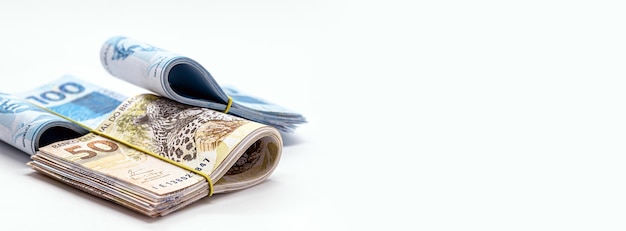Iraqi Dinar – Latest News, Updates, and Facts

The Iraqi dinar is the official currency of Iraq.
Iraq’s central bank is responsible for issuing and controlling the Iraqi dinar.
In recent years, Iraq has made efforts to stabilize its economy and strengthen the value of the dinar.
The exchange rate of the Iraqi dinar is subject to fluctuations in the global foreign exchange market.
Many people around the world are investing in Iraqi dinars, hoping for a rise in value.
The IMF supports Iraq’s economic reforms, which aim to improve the stability of the dinar.
It’s important to stay updated on the latest Iraqi dinar news to make informed investment decisions.
The Iraqi government is taking measures to combat counterfeiters and protect the security of the dinar.
The purchasing power parity of the Iraqi dinar has been increasing gradually.
The Iraqi dinar has a long history, with different denominations being issued over the years.
The dinar has faced challenges due to political instability in Iraq.
Iraq’s oil industry plays a significant role in the value of the dinar.
The Iraqi dinar’s value can impact the country’s imports and exports.
Many Iraqis rely on the dinar for their daily transactions and livelihoods.
Iraq’s monetary policy has a direct influence on the dinar’s value.
The supply and demand dynamics in the foreign exchange market affect the dinar.
Iraq’s economic diversification efforts contribute to maintaining a stable dinar.
Iraqi Dinar – Latest News, Updates, and Facts part 2
The Iraqi government encourages foreign investment, which can impact the dinar’s value.
The dinar’s exchange rate can impact the cost of living for Iraqis.
Economic stability is essential for the dinar’s growth and development.
Understanding the factors that influence dinar exchange rates is crucial for investors.
The growth of Iraq’s non-oil sectors contributes to the stability of the dinar.
Currency speculators often monitor Iraqi dinar news to identify investment opportunities.
Iraq’s economic indicators, such as inflation and GDP, can influence the dinar.
Economic reforms in Iraq aim to promote a stronger dinar and reduce dependency on oil.
Iraq’s foreign reserves play a role in maintaining the value of the dinar.
International trade agreements impact the dinar’s value in relation to other currencies.
The Iraqi Stock Exchange reflects the overall economic health of Iraq, including the dinar.
The Iraqi dinar’s stability supports the country’s economic growth and development.
The dinar’s exchange rate can impact Iraq’s tourism industry.
The Iraqi government’s fiscal policies influence the dinar’s value.
Educational awareness about the dinar is essential for Iraqis and investors.
The dinar’s value can be influenced by regional and global political developments.
Iraq’s efforts to attract foreign direct investment can contribute to a stronger dinar.
The dinar can serve as a symbol of national pride and economic resilience for Iraqis.
The stability of the dinar is crucial for foreign companies operating in Iraq.
Technology advancements in banking contribute to the efficiency of dinar transactions.
The Iraqi government’s commitment to transparency impacts the confidence in the dinar.
The dinar’s value can impact the affordability of imported goods for Iraqis.
The Iraqi dinar’s historical performance can provide insights into its future potential.
Currency traders monitor Iraqi dinar news and economic indicators for trading opportunities.
Remittances from abroad affect the availability of dinars in the local economy.
The dinar’s value can impact Iraq’s ability to attract foreign direct investment in various sectors.
The dinar’s value against the US dollar is often used as a benchmark by investors.
Monitoring the economic and political stability of Iraq is crucial for understanding the prospects of the dinar.

